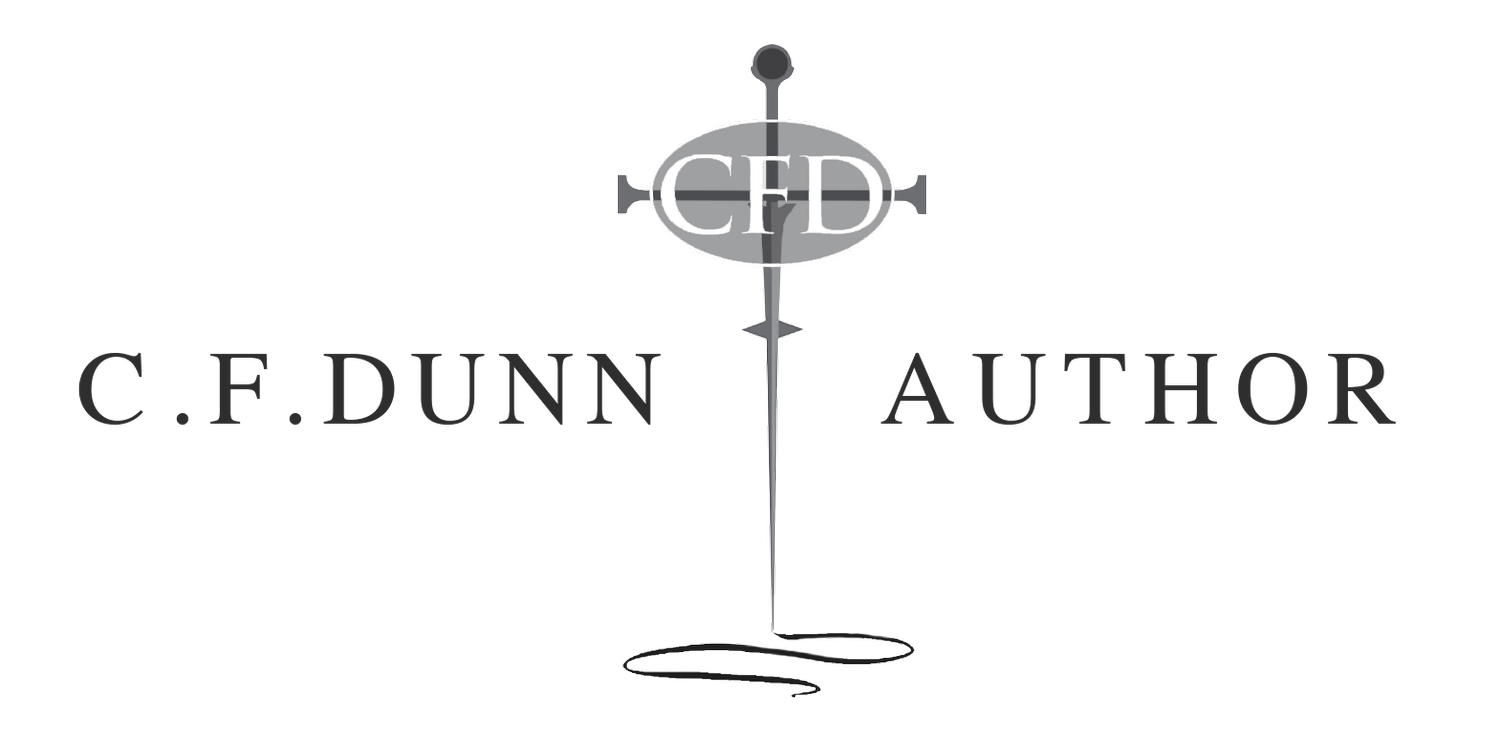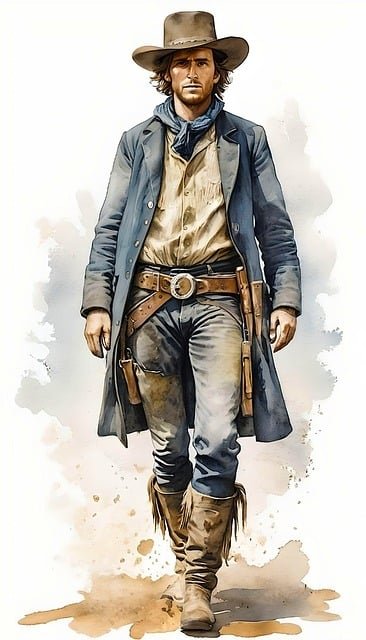Writing Tips: Characters or Caricatures?
Plots are the backbone of a story, setting fleshes it out, but characters bring it alive.
Consider your favourite books, the ones that embed themselves in your psyche, and then think about what makes those books stand out from the many others you have read.
Chances are that characters play a factor. Whether protagonists or antagonists, it is people we tend to remember over any other aspect in a story.
But why? For the large part, people relate to people on some level. It might be that it is something in the character that the reader recognises, in themselves or in others, or something the reader aspires to or even loathes. Relating to a character is fundamental - caring about or being invested in what happens to them is what binds us to their story. Why else do you read right through to the end if not to see what happens?
But what makes a memorable character, why is it important, and how do you avoid creating cliched caricatures?
First of all, what do we mean by caricature?
Image by jimbo457 on Pixabay
Creating a character whose characteristics and personality type are instantly recognisable can be a useful tool - think here of a brave sheriff or skulking con-artist. The trick is to avoid cliched characters, ones that are predictable and lack nuance. Why? Put simply, they are dull to read. The sheriff might indeed be brave, but give her a flaw and she becomes plausible, human, relatable. In the same way, a villain doesn’t have to be all-out bad. Shakespeare nails this with his (inaccurate) portrayal of Richard III. Richard declares himself a villain at the outset, but then goes on to be rendered a complex, charismatic individual capable of evoking our sympathy. Brilliant characterisation!
Penelope and the Suitors - John William Waterhouse (1849-1917)
Heroes (and here I also mean heroines) scatter the pages of tales from the most ancient of times. Consider Beowulf or Arthur, Hector or Penelope. Fact or fiction, their names persist for centuries. Heroes are not just made of swashbuckling adventurers overcoming the odds, they are also individuals facing internal conflicts. Why should we care if someone with almighty powers does something, well, almighty and wins? How can we relate to superhuman attributes because we’re not? Superhuman, that is. However, give that person a flaw or something we can relate to, such as a fear of spiders, self-doubt, envy, which they overcome and, kapow! Huston, we have character! Better yet, have an everyday person, the sort you might meet on the bus or in the library, face overwhelming odds whilst battling with internal demons, and you have created a character that will endure, someone you can root for.
Laurence Olivier as Richard III
Have a look at the following and identify the odds they face and their internal conflicts. Here’s one to get the ball rolling:
Aragorn (Lord of the Rings): overcomes the overwhelming odds of Sauron’s dark forces
and the challenge of the mantle of leadership he does not feel equal to assume because of his self-doubt.
All this, while also being modest, defender of the weak, sensitive, kind, a dab hand with a sword and genuinely good-hearted.
Here are some more ideas:
Jane Eyre
Paul Atreides (Dune)
Tyrion Lannister (Game of Thrones)
Anne (of Green Gables)
Next time you are reading or watching a film, take a moment to exercise your writer’s brain and play spot the character traits. More on this next time.
Peter Dinklage as Tyrion Lannister
Image: Wikipedia




